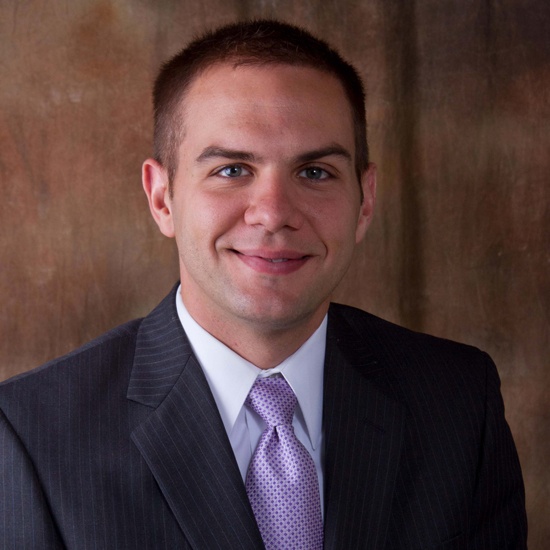NASHVILLE, Tenn. The Meharry-Vanderbilt Alliance (MVA) Interprofessional Education (IPE) program is an opportunity for students enrolled in health-related professional training programs at colleges and universities around Nashville to work with community partners in a real-world setting to solve real-world problems. Selected students and their faculty mentors engage in shared problem solving to address whatever need is presented by the community organization. MVA IPE partners include various nonprofit organizations in the Nashville area, whose missions include the overall improvement of public health in the metropolitan and surrounding areas.
In February 2021, IPE program faculty published an article describing the program and its impact on students and community partners in ScienceDirect, a website that provides access to a massive database of scientific and medical publications. The report – “Engaging the community through a longitudinal, interprofessional, interinstitutional experiential learning collaboration” – demonstrated the importance of community-engaged IPE and shared details of the MVA’s effective inter-institutional method of delivering IPE.
Innovation that serves community and students
A key component of the program evaluation shared in this article included an assessment of students’ skillsets and impressions after completion of their assigned community project. Students found that participation in the MVA IPE program improved their teamwork and communication skills, and increased their comfort interacting with students training in other professions.
“We wanted a qualitative piece on the aspect of how students felt,” Chad K. Gentry, PharmD, BCACP, CDCES, FNAP, Associate Professor at Lipscomb University College of Pharmacy and Health Sciences, and lead author of the publication, commented. “We wanted to show innovative ways to deliver interprofessional education.”
Gentry joined the MVA IPE Faculty Collaborative in 2013. At the time, there wasn’t a Lipscomb representative, and his joining the collaborative was part of an effort to expand the project’s scope beyond Meharry Medical College (MMC) and Vanderbilt University (VU). Today, it includes representatives from Belmont University, Lipscomb University and Tennessee State University.
According to Gentry, interprofessional education delivered in a community setting allows students, researchers and the institutions they represent to be a part of their communities. Students learn core skills within their respective fields, and they learn to create deliverables that will benefit the community.
“It’s a mutually beneficial relationship,” Gentry said.
Getting out of the classroom
The publication in ScienceDirect highlights the fact that institutions can take education outside the campus setting, outside the clinical setting and partner with the community. That is, after all, Gentry noted, where patients live.
“MMC and the MVA have deep connections with the community,” Gentry said. “We leveraged those connections and relationships to see if we could teach students in an interprofessional manner using community partners.”
What they wanted to prove, and what the publication shows, is clinical educators can still meet core skills outside the clinical environment. Students enrolled in the IPE student project learned responsibilities, teamwork and the application of knowledge in a real-world setting.
Expansion of the program
Each iteration of the MVA IPE program is bigger and broader than its predecessors. As the program grew to include more institutions, it also grew to include more disciplines.
That expansion is something Gentry hopes will continue.
“We’d love to do whatever needs to be done to expand the number of students going through it. And also, [expand] into other professions and health sciences,” he said. “The first step is finding more community partners.”
In addition to expanding its size and scope, the program also evolved and adapted to the changing education landscape required due to COVID-19. In 2019, an escape game experience served as a team-building exercise and an innovative way to assess each student’s interprofessional skills. In 2020, the COVID pandemic created some uncertainty related to whether the program could proceed. However, since innovation is at its core, the MVA switched gears and turned the entire IPE program, including the escape game, into a virtual experience.
Gentry added. “We don’t have it all covered, obviously. We’re learning each time.”
